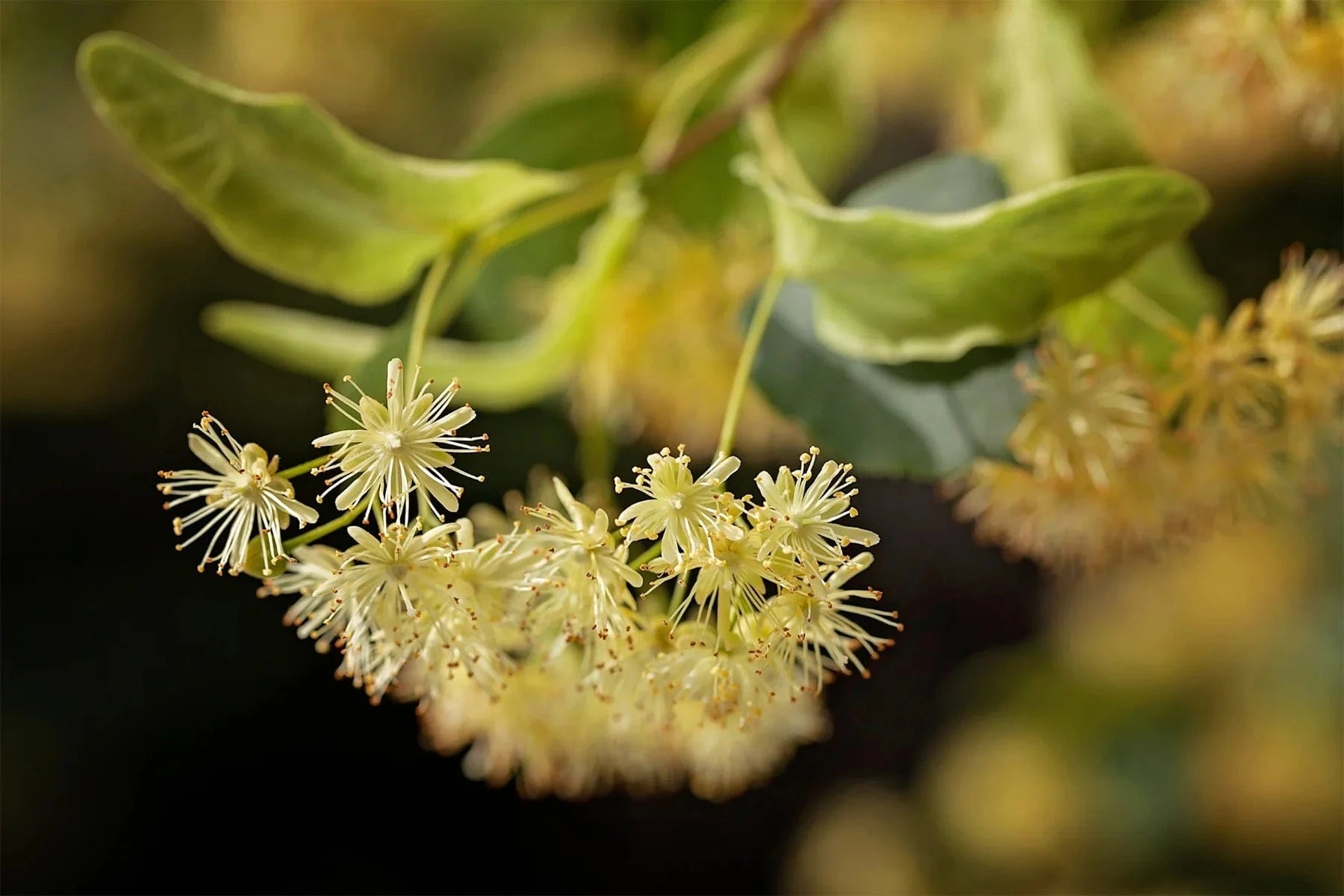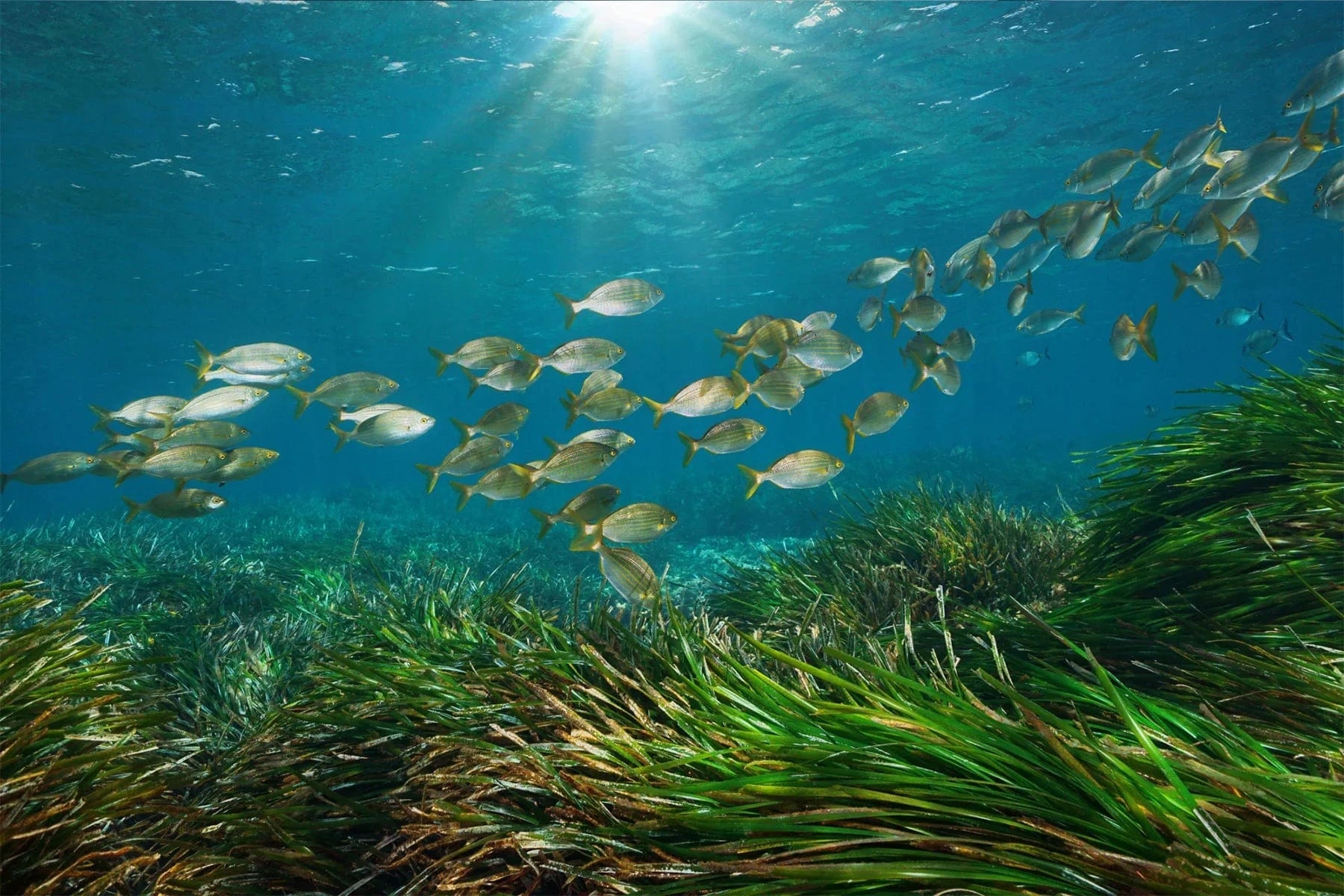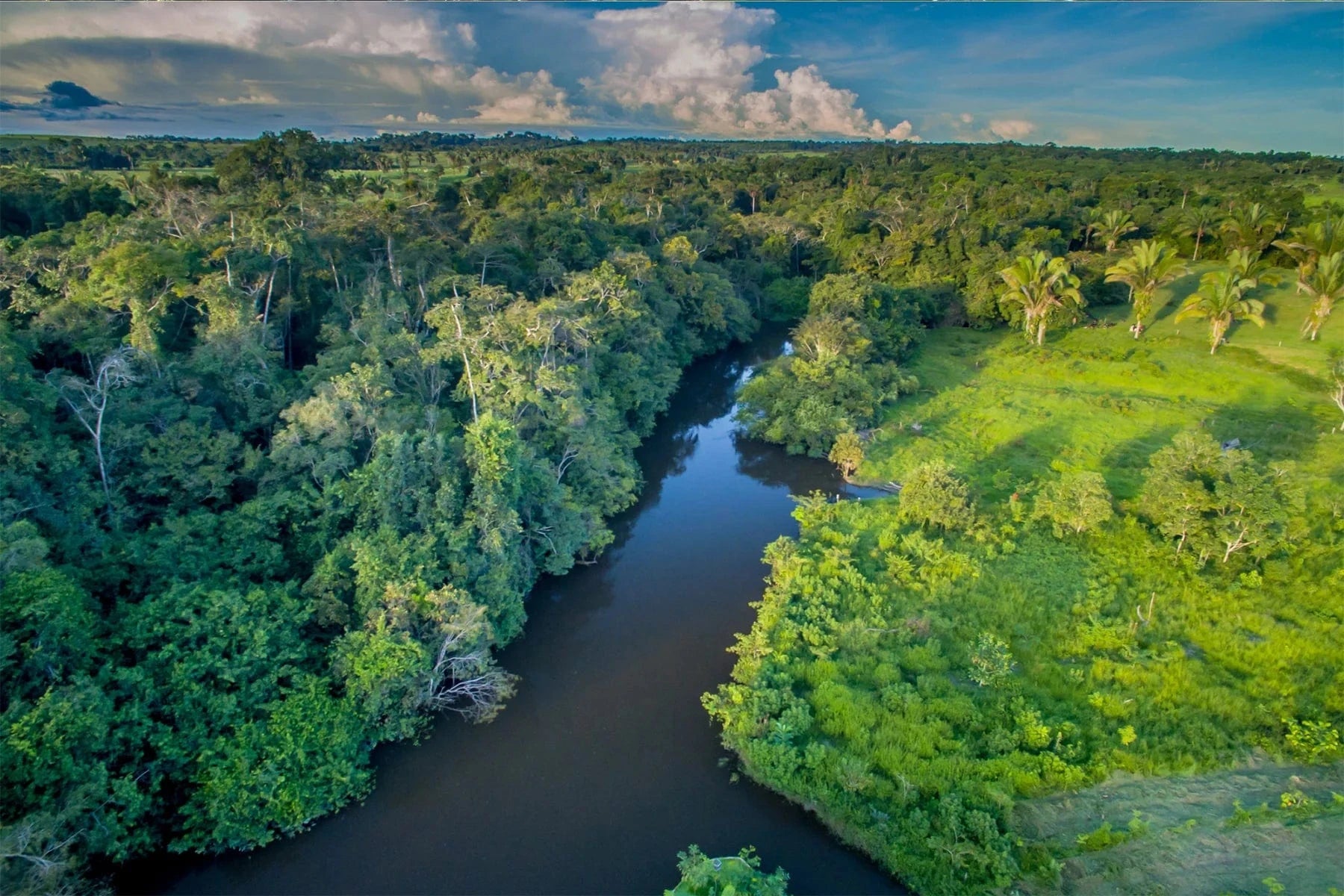
Get news, updates, & event Info delivered right to your inbox:
7 Good Environmental News Stories From The Past Month That Will Make You Smile
With all that's happening in the world today, consider this your friendly reminder to stop and smell the flowers — and take in some positive news for the environment! From a giant sinkhole that's filled with ancient trees to the EU signing a ban on new fossil-fuel cars by 2035, May 2022 was full of good news. Let's dig in

400-year-old Petro Mohyla linden tree treated in kyiv
Strong winds from a recent storm damaged a Ukrainian natural monument — a linden tree on Andriyivsky Descent, which, according to legend, was planted by Petro Mohyla. The tree is now being treated via a painstaking process, and will require multiple stages of recovery. We love that experts are rallying to support this iconic 400 year old tree!
Giant Sinkhole Found In China Has Hidden Forest With Ancient Trees
Cave explorers recently found a giant sinkhole deep within a forest in China — and inside the sinkhole, they discovered a hidden forest! The sinkhole has been measured at approximately 5 million square meters and contains 3 undiscovered caves. Researchers believe that in addition to the 130 foot tall trees, there may be undiscovered plant and animal species among the underbrush.
We're Planting 900,000Trees For The Monarch Butterfly This Year
This fall and winter, we'll be planting over 900,000 oyamel pine and native evergreen trees for Monarch butterflies in Mexico. These forests provide the unique climate and shelter that eastern monarch butterflies need after their approximately 3,000 mile migration south. In fact, the size of the eastern migratory population is measured by the number of hectares of oyamel fir and native pine forest that they occupy. Here, they rest and conserve their energy over the winter months, until seasonal changes trigger a new migration back north to lay eggs and start the cycle anew.
EU Lawmakers Back Effective Ban On New Fossil-Fuel Cars From 2035
The EU is proposing a shift towards electric vehicles via a ban that will effectively cut sales of gas-powered vehicles by 100% from 2035. This timeline has been set to accommodate new cars that are hitting the roads this year, and will likely last up to 15 years. The official vote will occur in the next few months, after which individual countries will set their own standards. To support this measure, additional charging stations will be installed across the EU.

Seagrass Can Work as a Sanitation Service
A contaminant found in water causes severe gastroenteritis, but researchers have discovered a cure right in nature. After noting that the pathogen enterococcus has a lower concentration in some areas, scientists realized that seagrass meadows were always growing nearby. A recent study out of Italy determined that seagrass meadows are quietly preventing up to 24 million cases of gastroenteritis each year.

Indigenous group and locals sign agreement to protect sustainable livelihoods and culture in the Amazon
A coexistence agreement signed between the Nukak and local campesinos is bringing the Indigenous community closer to returning to their territory and is meant to act as a stop-gap to their cultural eradication. As a result, 1 million hectares of an Amazonian reserve will benefit from the return of the Nukak people and their knowledge and appreciation of the land.

Fungi-based meat alternatives could help save Earth's forests
A new meat alternative has the ability to limit the land area needed for growing and producing food. Cattle grazing and feed production are a major driver of reforestation worldwide. Making the switch to a fungi-based red meat substitute is a great way to adopt a more sustainable diet and has the potential to reduce the detrimental effects of meat production on the environment by taking pressure off of forests.
Hungry for more positivity? We've got plenty more good news stories from the past year. And if you're feeling really inspired, consider planting trees today!
Get news, updates, & event Info delivered right to your inbox:
Related Posts
9 Sustainable New Years Resolutions
18/12/2025 by Meaghan Weeden
Inspirational Quotes About Trees
16/12/2025 by Meaghan Weeden
The 9 Oldest, Tallest, and Biggest Trees in the World
11/12/2025 by One Tree Planted
Popular On One Tree Planted
Inspirational Quotes About Trees
16/12/2025 by Meaghan Weeden
The 9 Oldest, Tallest, and Biggest Trees in the World
11/12/2025 by One Tree Planted
What Causes Deforestation?
10/07/2025 by Meaghan Weeden
Fundraising Disclosures

Be Part of the
Restoration Movement
The Grove is more than just a monthly giving program: it's a vibrant community of individuals who are dedicated to reforestation and environmental restoration on a global scale.
As a member of The Grove, you affirm your commitment to restoring forests, nurturing biodiversity, and fostering positive global change.



